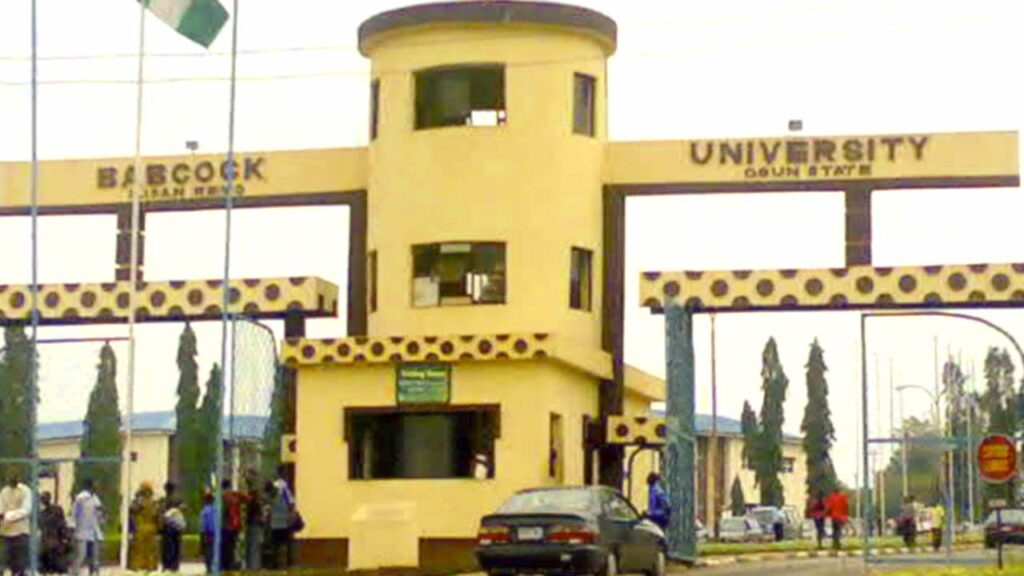Prof. Ademola Tayo, the Vice-Chancellor of Babcock University, has rejected claims that private universities arbitrarily grant First Class honours to graduates.
During the university’s annual end-of-year press gathering, while addressing the audience, Prof. Tayo stressed that every First Class graduate from Babcock University achieved their degree through diligence and commitment.
Remarks From The VC
Prof. Ademola Tayo reflected on Babcock University’s accomplishments, expressing gratitude for the institution’s progress. He mentioned their anticipation for this year’s Law School results, noting that out of 100 students sent to the Law School last year, 22 earned First Class honours. He also highlighted cases where students graduated from the university with Second Class Upper degrees but excelled with First Class honours at the Law School.
The Vice-Chancellor emphasised that the outstanding academic achievements of Babcock University’s law students debunk the misconception that private universities indiscriminately award First Class degrees. He highlighted that many Babcock graduates are excelling at prestigious institutions such as Oxford, Cambridge, Yale, and Harvard, often earning distinctions.
He also noted that last year, about 12 alumni were enrolled in a single LLM class at a Canadian university. Prof. Tayo reaffirmed the university’s commitment to upholding these high standards with continued dedication and divine guidance.
Appeal for Government Assistance
In his speech, Professor Tayo urged the government to consider extending electricity subsidies to private universities, emphasising the importance of such support for the sustainability of educational institutions. He expressed concern over the financial burden of electricity costs faced by private universities, citing Babcock University as an example.
Despite the institution’s efforts to reduce energy costs by installing solar-powered street lights across its campus, it still incurs a staggering monthly electricity bill ranging from N250 million to N300 million. This heavy financial strain, he argued, highlights the urgent need for government intervention to alleviate the operational costs of private universities, enabling them to focus more on their core mission of delivering quality education.


